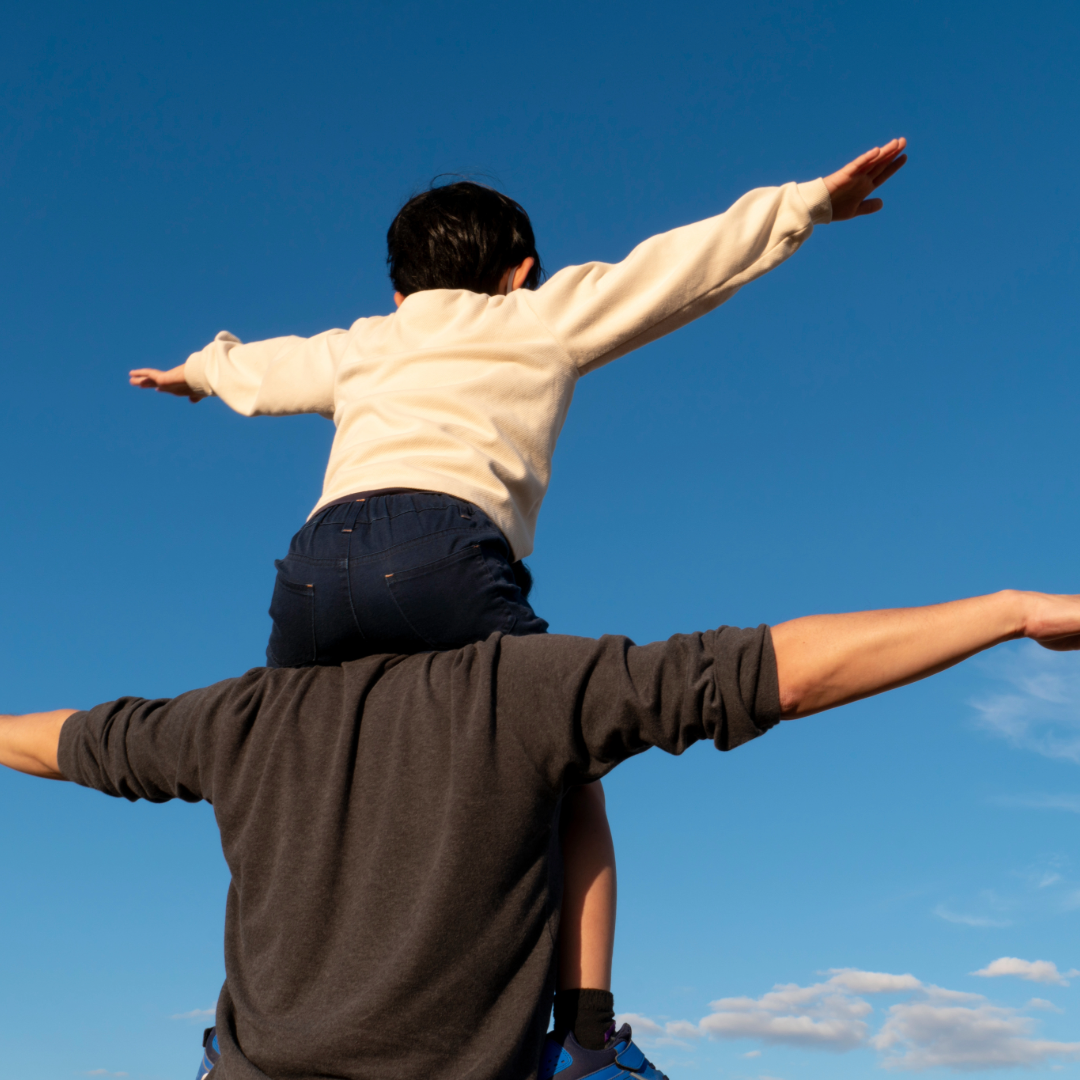In the hustle and bustle of modern life, mindfulness has emerged as a beacon of hope for those seeking serenity and wellness. This ancient practice, rooted in Buddhist meditation, has gained immense popularity worldwide as a simple yet profound tool to enhance mental clarity, emotional balance, and overall health. This blog explores the transformative power of mindfulness and offers practical techniques that can be seamlessly incorporated into everyday life to foster well-being.
Understanding Mindfulness
Mindfulness is being fully present and engaged, aware of our thoughts and feelings without distraction or judgment. This state of active, open attention to the present can seem elusive with the distractions of daily life, but it’s more accessible than most think.
The Science Behind It
Research has shown that mindfulness helps reduce stress, improve focus, lower blood pressure, and enhance emotional resilience. By training the mind to be aware and present, we can better understand our emotions, manage stress, and approach life with a fresh perspective.
Daily Mindfulness Practices
Incorporating mindfulness into your daily routine doesn’t require hours of meditation. Small, consistent practices can yield significant benefits.
Mindful Breathing
This is a simple technique that can be practiced anywhere, anytime. Focus solely on your breathing. Notice the sensation of air entering and exiting your body, and try to maintain this focus for several minutes. It’s a quick way to anchor yourself in the present moment.
Mindful Eating
Turn meals into a practice of mindfulness by eating slowly and without distraction. Savor each bite, noticing your food’s textures, flavors, and aromas. This not only enhances the dining experience but can also help prevent overeating.
Mindful Walking
Many people walk automatically without much thought. To transform it into a mindful practice, focus on the sensation of your feet touching the ground, the rhythm of your steps, and the feel of the air on your skin.
Mindfulness Meditation
While mindfulness can be practiced in short bursts throughout the day, setting aside time for mindfulness meditation can deepen the practice and increase its benefits.
How to Meditate
Find a quiet space and sit comfortably. Close your eyes and focus on your breath or on a mantra that you repeat silently. When you notice your mind wandering, gently bring your attention to your breath or mantra. Start with just a few minutes daily, and gradually increase the duration.
Guided Meditation
Guided meditations benefit those who find it challenging to maintain focus. Plenty of apps and online videos offer guided sessions.
Integrating Mindfulness into Work and Relationships
Mindfulness can transform not just our personal lives but also our interactions with others.
At Work
Take short mindfulness breaks to clear your mind and reduce stress. Before starting a new task, pause to center yourself with a few deep breaths. This can help you tackle the task with a clear, focused mind.
In Relationships
Be fully present when interacting with others. Listen actively without preparing your response while the other person is still talking. This level of attentiveness can significantly improve communication and deepen relationships.
Overcoming Challenges
While practicing mindfulness, you might encounter obstacles like wandering thoughts or impatience. This is normal and part of the process.
Dealing with Distractions
Acknowledge distractions as they arise, then gently redirect your attention back to the present. Over time, you’ll likely find it easier to maintain focus as your mindfulness muscle strengthens.
Consistency is Key
Regular practice is crucial in mindfulness. Practicing a little each day is better than having a long session occasionally. Consistency helps you gradually integrate mindfulness into your life as a natural habit.
Mindfulness offers a profound yet accessible way to improve mental and physical health. By integrating simple mindfulness practices into your daily routine, you can enjoy the myriad benefits this practice offers, from reduced stress and enhanced focus to improved relationships and overall well-being. Remember, the journey to mindfulness is a gradual process filled with moments of learning and growth. Start small, be patient with yourself, and watch mindfulness’s transformative power unfold in your life.
Dr. Barbara R. Edwards is a practicing internist at Penn Medicine Princeton Health, also serving as the Academic Director for the Ambulatory Residency Program at the same institution.


